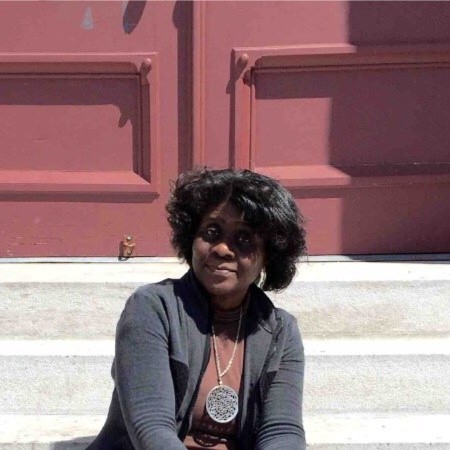Chief Executive Officer with more than 20 years of experience in the non-profit organization management sector in Haiti, leading programmes to reduce poverty and inequality in one of the most difficult contexts in the world. Skilled in Program Evaluation, Strategic Planning, Volunteer Management, Master of Science (M.S.) in Economic Development from Eastern University.
What do you think are the current challenges in the cooperation sector?
The international development sector has been forced to deal with enormous changes, starting with globalization, facilitated by technological innovations that free up knowledge, information and territorial borders. The world has become a big village with tremendous means and mechanisms of operation, movement and connection. These have changed the configuration of the stakeholders in this community, which is still committed to the fight against social inequalities, poverty and humanitarian crises related to climate change or war.
The new world economic order is dominated by the new reality of the economic force represented by China and will change further with the fallout from the war between Russia and Ukraine, not to mention the fact that this international development community has already been defined for some time in terms other than by large multilateral bodies or major international agreements with independent states.
In a country like Haiti, in terms of foreign aid, the State must deal not only with these multilateral institutions but also with the presence of a plethora of NGOs that seek to protect the vulnerable and build a better future for them. We who are involved in these humanitarian and development institutions are new soldiers going to war against social injustice, poverty and disease in the world. Like any war, this one is also driven and supported by beliefs, interests and ideologies that are not necessarily those of the vulnerable populations under consideration. In other words, the development community is not uniform, either in its constitution or in its intentions or influences.
How do you consider they should be faced?
These challenges must be approached with an eye to avoiding all the distractions of the facilities offered by globalization, by the old or new economic order, so as to overcome the hurdles that block the way to fighting social inequalities in all their forms.
Localization, for example, will remain an empty word if the well-meaning stakeholders of the international development community are not aware that they can no longer claim to work for the vulnerable but rather must work with them, and that the vulnerable are the focus rather than passive recipients of our interventions. Concern for coherence, commitment to justice, equity and compassion as a guiding principle and networking are the best tools to address the current challenges for the development community.



